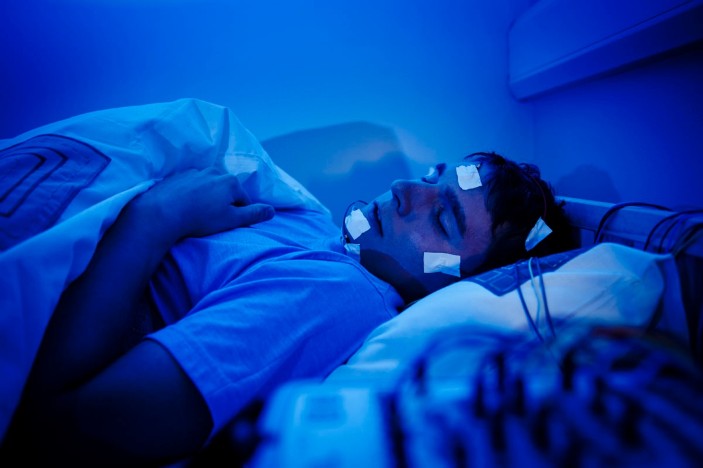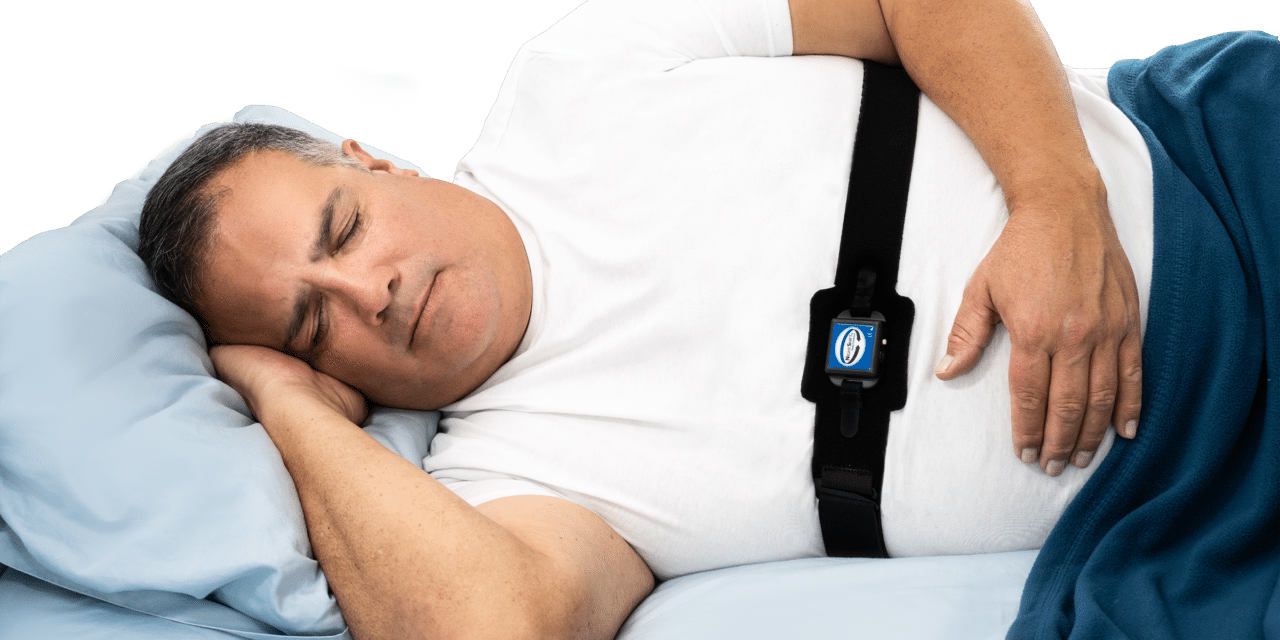Reliable Treatment Solutions for Managing Sleep Disorders and Enhancing Peaceful Sleep
In the realm of health care, the management of rest conditions and the pursuit for restful rest are pivotal components of overall well-being. Efficient treatment solutions use a diverse method to tackle these challenges, ranging from cognitive behavioral treatments to holistic methods that promote relaxation and mindfulness. The exploration of different techniques, consisting of the assimilation of medicine and light treatment, opens up a realm of opportunities in the search of far better rest high quality. As we navigate the elaborate landscape of sleep problems and seek to enhance our sleep experience, a much deeper understanding of these treatment remedies may hold the secret to opening a much more refreshing and meeting corrective trip.
Cognitive Behavior Modification for Insomnia (CBT-I)
Cognitive Behavior Treatment for Sleep Problems (CBT-I) is an organized, evidence-based treatment approach that concentrates on addressing the underlying elements contributing to rest disruptions. This sort of therapy intends to modify behaviors and thoughts that worsen insomnia, eventually advertising healthy and balanced sleep patterns. CBT-I typically involves numerous crucial components, consisting of cognitive treatment, sleep restriction, stimulation control, and sleep hygiene education.
Cognitive treatment helps individuals determine and alter negative thought patterns and beliefs concerning sleep that might be preventing their ability to drop or stay asleep. Sleep limitation entails restricting the amount of time spent in bed to match the individual's real rest duration, therefore boosting sleep efficiency (sleep improvement therapy). Stimulation control methods help develop a solid organization between the bed and rest by urging individuals to go to bed only when drowsy and to prevent taking part in stimulating tasks in bed
In addition, sleep hygiene education concentrates on developing healthy sleep practices, such as preserving a consistent sleep routine, creating a relaxing going to bed regimen, and maximizing the rest environment. By addressing these aspects thoroughly, CBT-I provides an efficient non-pharmacological treatment for handling insomnia and boosting general sleep top quality.
Sleep Health Practices
Having actually developed the foundation of cognitive restructuring and behavioral adjustments in dealing with sleeping disorders through Cognitive Behavior modification for Insomnia (CBT-I), the focus currently moves in the direction of checking out vital Rest Hygiene Practices for keeping optimal rest top quality and overall wellness.
Sleep health practices incorporate a series of habits and environmental factors that can substantially affect one's capacity to drop off to sleep and remain asleep throughout the evening. Regular rest and wake times, creating a relaxing bedtime routine, and optimizing the rest atmosphere by maintaining it dark, silent, and cool are crucial components of great rest hygiene. Limiting direct exposure to displays before going to bed, avoiding stimulants like caffeine near bedtime, and taking part in regular exercise throughout the day can additionally advertise much better sleep quality.
Moreover, exercising relaxation methods such as deep breathing workouts or reflection prior to bed can help relax the mind and prepare the body for sleep. By incorporating these sleep hygiene techniques into one's day-to-day routine, individuals can establish a healthy and balanced rest pattern that sustains restful sleep and overall well-being.
Leisure Techniques and Mindfulness
Executing leisure methods and mindfulness methods can play a crucial duty in fostering a feeling of tranquility and advertising top quality sleep. cognitive behavioral therapy for insomnia (CBT-I). These strategies intend to silent the mind, reduce anxiety, and create an ideal setting for relaxed sleep. One extensively practiced technique is deep breathing workouts, where individuals concentrate on slow, deep breaths to relax the mind and body. Progressive muscle mass leisure entails tensing and after that releasing each muscle mass team, promoting physical relaxation. Additionally, led imagery can help transfer individuals to a tranquil place in their minds, helping in anxiety decrease and improving rest top quality.
Mindfulness techniques, such as meditation and yoga, are additionally reliable in promoting relaxation and enhancing sleep. Mindfulness urges individuals to stay existing in the minute, letting go of stress over the past or future. By incorporating these methods into a bedtime routine, individuals can signal to their bodies that it is time to prepare and loosen up for rest. In general, integrating relaxation techniques and mindfulness methods can significantly add to managing rest conditions and enhancing overall sleep top quality.

Medication Options for Sleep Disorders
After checking out relaxation methods and mindfulness techniques as non-pharmacological interventions for improving rest top quality, it is vital to consider medication choices for people with rest conditions. In instances where way of life modifications and treatment do not provide sufficient relief, medicine can be an important device in handling rest disturbances.
Commonly recommended medications for rest problems consist of benzodiazepines, non-benzodiazepine hypnotics, antidepressants, and melatonin receptor agonists. Benzodiazepines, such as diazepam, are sedatives that can help generate rest, however they are typically advised for short-term use because of the risk of dependence. Non-benzodiazepine hypnotics like zolpidem are likewise made use of to deal with sleeping disorders and have a lower danger of dependancy compared to benzodiazepines. Antidepressants, such as trazodone, can be valuable for people with co-occurring anxiety and sleep disturbances. Melatonin receptor agonists, like ramelteon, target the body's all-natural sleep-wake cycle and can be practical for regulating rest patterns.
It is important for people to consult with a doctor to identify one of the most ideal medication alternative based on their particular rest problem and case history.
Light Therapy for Circadian Rhythm Policy
Light therapy, also referred to as photo-therapy, is a non-invasive treatment approach used to manage body clocks and improve sleep-wake cycles. This therapy entails direct exposure to intense light that resembles all-natural sunshine, which assists to reset the body's internal clock. By revealing individuals to specific wavelengths of light, usually in the morning or evening depending on the preferred effect, light therapy can properly adjust the circadian rhythm to advertise wakefulness during the day and enhance peaceful rest during the night.
Research study has revealed that light treatment can be particularly beneficial for people with body clock conditions, such as postponed rest phase disorder or jet lag. It can likewise be valuable for those experiencing seasonal affective condition (SAD), a kind of clinical depression that normally happens throughout the cold weather when natural light direct exposure is minimized. Light treatment is generally well-tolerated and can be used together with various other treatment techniques for sleep disorders to maximize results and enhance total sleep quality.
Final Thought
In verdict, reliable treatment solutions for managing sleep disorders and improving peaceful sleep include Cognitive Behavioral Therapy for Sleeping Disorders (CBT-I), sleep hygiene techniques, leisure techniques and mindfulness, drug choices, and light treatment for body clock guideline. These methods can assist individuals enhance their sleep top quality and total wellness. It is necessary to seek advice from with a medical care provider to determine one of the most suitable strategy for attending to rest concerns.
As we browse the elaborate landscape of sleep problems and look for to enhance our rest experience, insomnia solutions a deeper understanding of these treatment services may hold the secret to unlocking an extra refreshing and satisfying corrective journey.
Sleep restriction entails limiting the amount of time invested in bed to match the individual's actual rest duration, consequently boosting rest efficiency. Consistent sleep and wake times, developing a relaxing bedtime regimen, and optimizing the sleep atmosphere by keeping it dark, quiet, and cool are crucial elements of great rest health. Light treatment is usually well-tolerated and can be made use of in combination with other therapy methods for sleep conditions to enhance end results and improve overall sleep top quality.
